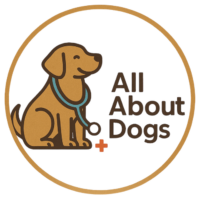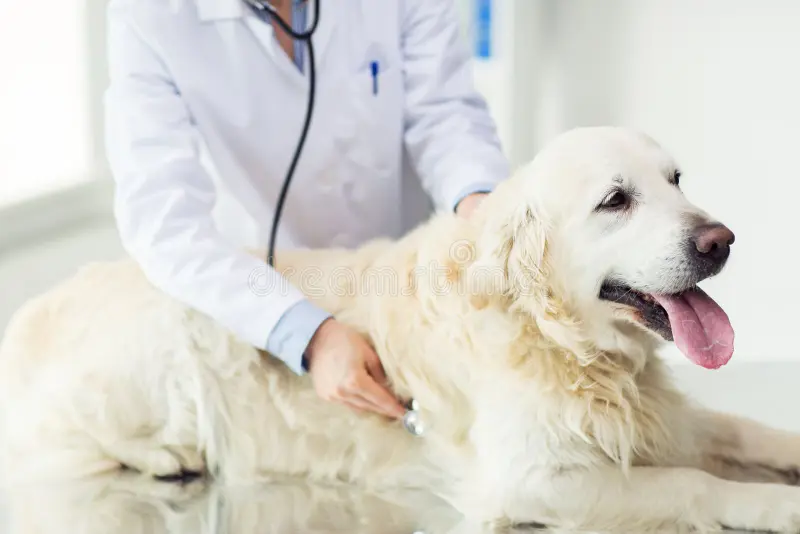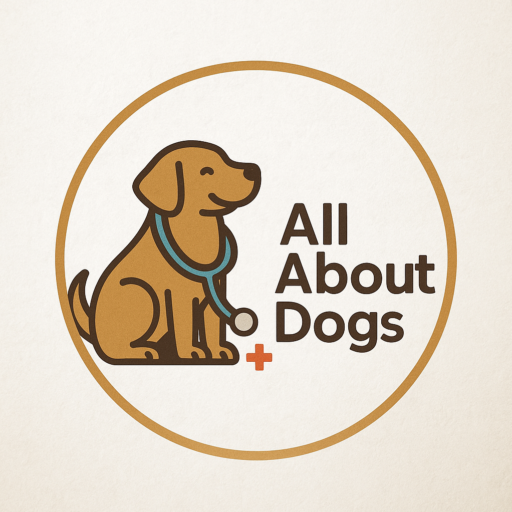Canine Herpes Virus in Dogs: 13 Symptoms & What You Must Know
Canine Herpes Virus is a serious viral infection that can affect both adult dogs and puppies. Also known as fading puppy syndrome, this virus often attacks the reproductive organs in adult dogs and can be passed to puppies either at birth or through sexual transmission. It’s a globally reported disease with cases commonly found in the United States, England, Germany, Japan, Australia, and Canada.
The virus can cause a wide range of complications including infertility, stillbirth, abortion, and sudden death in puppies. While it may go unnoticed in some adult dogs, its impact on young puppies can be devastating.
What Causes Canine Herpes Virus?
The virus spreads primarily through direct contact — mating, licking, or exposure to contaminated environments. Pregnant dogs who carry the virus can unknowingly pass it on to their unborn pups, leading to fatal complications shortly after birth.
Symptoms of Canine Herpes Virus in Adult Dogs
Many adult dogs infected with the Canine Herpes Virus don’t display obvious signs, especially if they’ve been exposed before. However, some subtle or reproductive signs may include:
⚠️ Common signs in adults:
-
Raised genital sores (occasionally)
-
Infertility or failed pregnancy
-
Stillbirths or abortions
-
Mild kennel cough
-
Vaginal inflammation (vaginitis)
-
Lesions or redness on the penis
-
Conjunctivitis, especially in previously unexposed dogs
Symptoms of Canine Herpes Virus in Puppies
Young puppies are at the highest risk and symptoms usually develop within the first few weeks of life. The virus attacks their underdeveloped immune systems, often fatally.
🐶 Signs in puppies include:
-
Sudden death (especially within 3 weeks of birth)
-
Weakness, constant crying, lethargy
-
Bruised or painful abdomen
-
Soft, yellow or green feces
-
Breathing difficulty
-
Nasal discharge or hemorrhaging
-
Awkward muscle movement or twitching
-
Diarrhea
-
Nosebleeds or small skin bruises
-
Nervous system disorders in slightly older pups
Treatment and Management
Unfortunately, there is no specific cure for Canine Herpes Virus. However, early support can help improve the chances of survival in puppies.
-
Puppy care: Infected pups are injected with antibodies and kept in a warm environment. Warmth is crucial because the virus thrives at lower temperatures.
-
Hygiene: The virus is fragile outside the host body and can be destroyed easily with common detergents. Clean the environment thoroughly.
-
Adult dog care: Rest, a calm environment, and immune support can help reduce flare-ups. Stress can trigger relapse in dogs who already carry the virus.
Once infected, a dog will always carry the virus, even if symptoms go away. It may reappear during times of stress or immune suppression, although it is not considered highly contagious to healthy adult dogs.
How to Prevent Canine Herpes Virus
-
Avoid breeding infected dogs.
-
Isolate new puppies or sick dogs from the rest of the kennel.
-
Keep pregnant dogs away from known carriers.
-
Maintain high levels of hygiene in whelping areas.
-
Ask your vet about vaccination options if available in your region.
Canine Herpes Virus is a silent but serious threat, particularly to newborn puppies. Understanding the symptoms and preventive steps can make a significant difference in managing this condition. Always consult your veterinarian for diagnosis and tailored treatment plans or check our puppy care guide for more tips.



